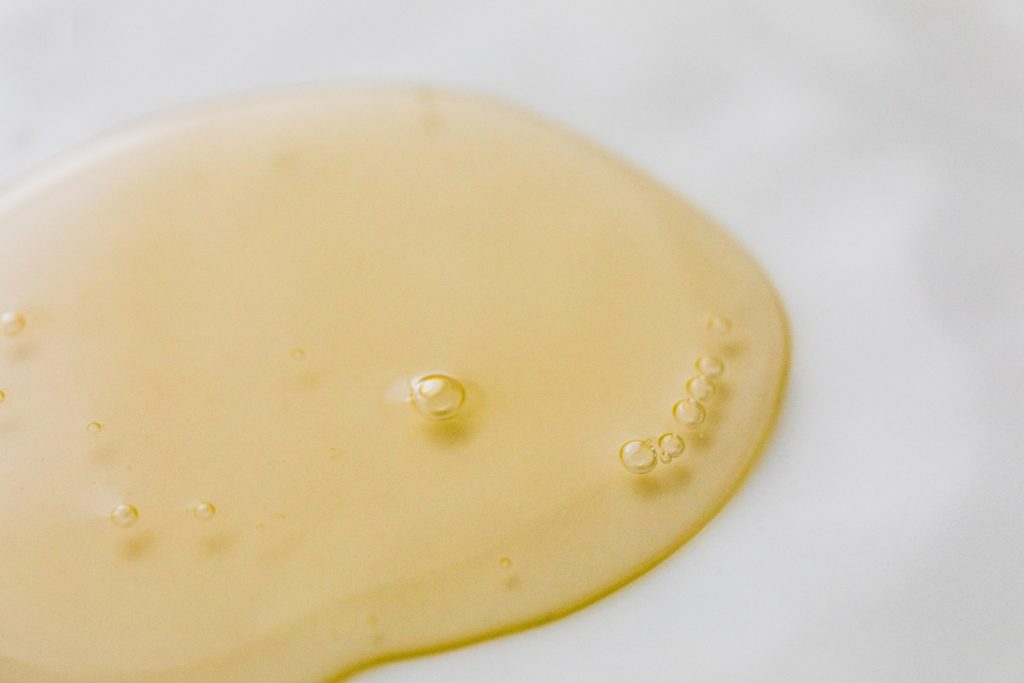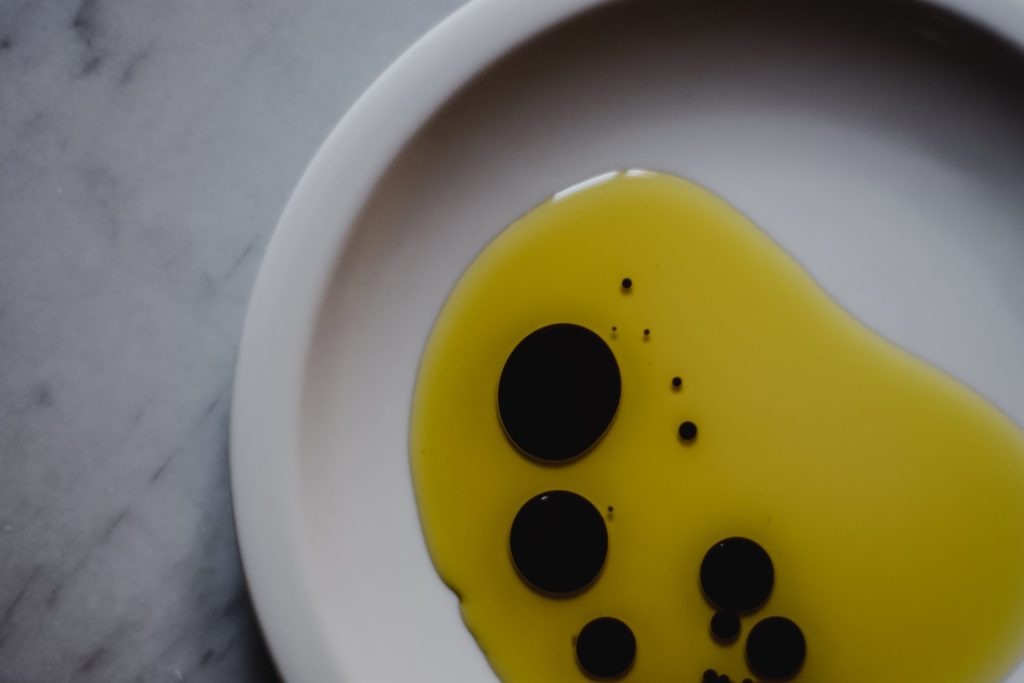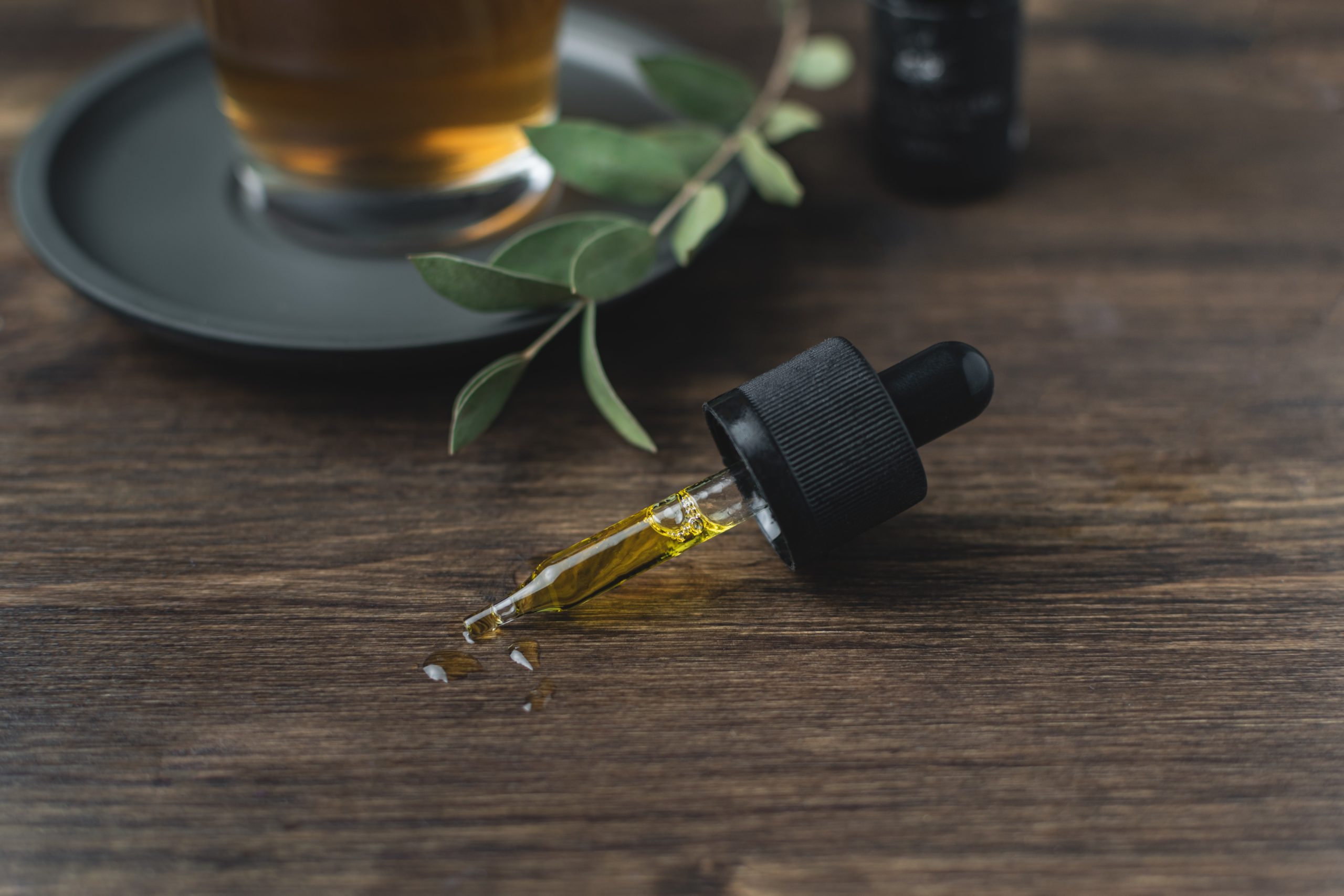A Microbe-Made Vegetable Oil Alternative? Coldplay, Branson & Downey Jr. Back Zero Acre Farms In $37 Million Series A
3 Mins Read
New kid on the block Zero Acre Farms, a San Francisco fat startup that has been in stealth mode until this week, has a big mission: disrupting vegetable oils with a fermented alternative that is more sustainable and healthier. The founding team claims its palm oil and corn oil replacement will help fight deforestation and the litany of health issues that our dependence on cheap vegetable fats have caused- over 20% of daily calories now come from these oils, according to the company.
The startup has raised $37 million in a Series A round led by U.S. ‘CO2 slashing’ VC Lowercarbon Capital along with several high profile investors including rock band Coldplay, Robert Downey Jr.’s FootPrint Coalition, celebrity chef Dan Barber, Dr Andrew Weil and Richard Branson and his family.

The omnipresence of vegetable oils
Zero Acre estimates that up to one-fifth of all dietary calories can be attributed to vegetable oils that are added to everything, from snacks to pans before cooking. These omnipresent fats are wrecking our health. The company offers a vegetable oil substitute created via fermentation and the feeding of microorganisms with better nutritional values and a smaller carbon footprint. “It’s like making beer but instead of producing ethanol, the microbes produce oil and fat — and a lot of it,” CEO and co-founder Jeff Nobbs told TechCrunch.
Putting fermentation to work
Zero Acre has selected specific strains of microbes proficient at storing oils and fat. Fed with the right food, they are able to produce vast quantities of clean oil. “We’re not creating a synthetic oil that’s ‘only’ better for the environment,” Nobbs says. “It’s a new category of oils and fats, we can make compositions that are more suitable for food and better for people. It’s a 1:1 replacement, not like using almond flour instead of wheat flour — you just use it instead of whatever product you’re replacing.”
This clarification is pertinent and Nobbs has been careful to market the product to a specific subset of consumers. Given the scale of commercial oil operations, especially palm, trying to usurp the major players would be near impossible. A fermented product would require massive scale to compete in terms of cost as of now, which is why Zero Acre has focussed in on the ethical shopper demographic- those that buy organic produce, fair trade items and pricier plant-based products. Chefs could be a viable audience as well, given that the product produces fewer harmful fumes at high temperatures.
Nobbs described the fermentation process as a series of small adjustments to find the right production conditions. “Little things can have a big effect,” he told TechCrunch. “We have a whole platform around finding those optimal parameters. There’s still a lot of research to be done, but we’ve had some breakthroughs, and I think we’re working with the world’s best organisms for this.”
Sidestepping the complexities of precision fermentation, Zero Acre has been able to scale for production at this early stage. It is currently able to manufacture thousands of litres of fermented oil, with a retail launch expected this year. Branding and packaging remain unconfirmed at this stage but will be supported by the funding.

The business of fat alternatives
Zero Acre is not the first startup to zero in on the business of fat. A burgeoning number of food tech startups across the globe are seeking to recreate palm-free palm oils and animal-free fats. Some are targeting previously wasted food items such as fruit pits to create a unique offering. Others are turning to cultivation techniques to keep the animal base but remove the cruelty of production.
Lead image courtesy of Weed Review.




